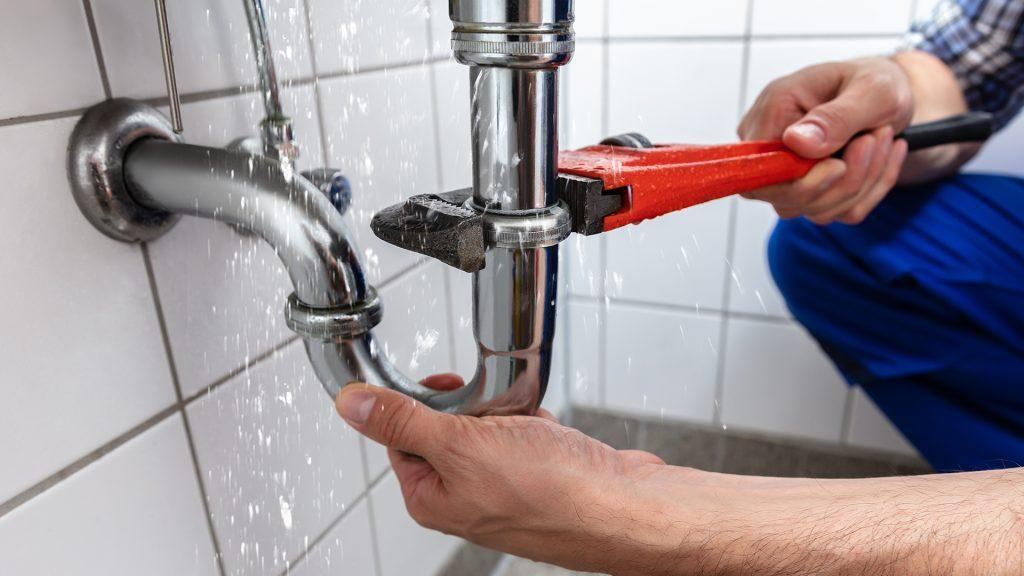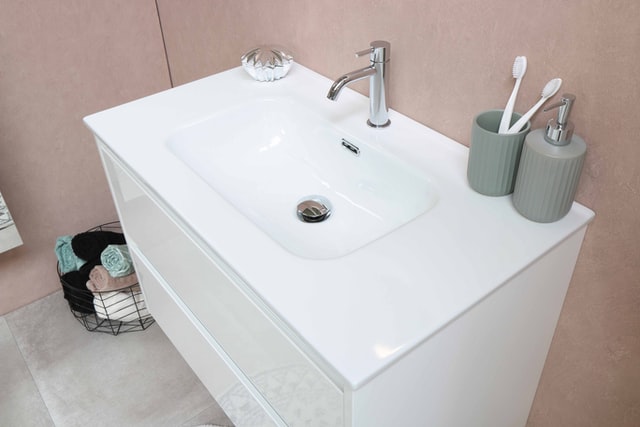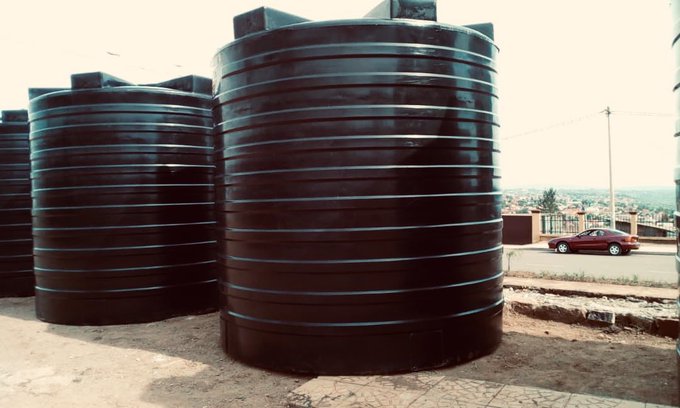Start a plumbing business
Another thriving and profitable construction-related business that an entrepreneur interested in starting a business should consider starting is a plumbing business. A building is not complete with a thorough plumbing job. In recent times, plumbers are scared to come by; the plumbers available in most communities are not enough to service the community as a whole.

Executive Summary:
Our plumbing business, [Business Name], is a customer-focused business that provides high-quality plumbing services to both residential and commercial clients. We offer a range of services, including repairs, maintenance, installations, and renovations. Our goal is to become the go-to plumbing service provider in our target market by offering reliable, affordable, and top-notch services.
Market Analysis:
The plumbing industry is highly competitive, with numerous players in the market. However, there is a high demand for plumbing services as individuals and businesses need plumbing services for maintenance, repairs, and installations. According to IBISWorld, the plumbing industry generates over $110 billion in revenue each year, and this is projected to grow over the next few years.
Target Market:
Our target market is homeowners and small to medium-sized businesses in our local area. We will focus on providing high-quality services at affordable rates. By doing this, we aim to attract customers who value quality service and are willing to pay for it.
Services:
Our plumbing services include:
- Plumbing repairs
- Maintenance services
- Plumbing installations
- Renovations
Marketing and Sales Strategy:
We will use a multi-channel approach to market our services. This will include:
- Building a website and optimizing it for search engines
- Advertising on social media platforms such as Facebook, Twitter, and Instagram
- Creating flyers and distributing them in the local area
- Networking with other businesses and contractors in the industry
Pricing Strategy:
Our pricing strategy will be competitive but reasonable. We will base our pricing on the services offered and the time required to complete the job. Our pricing will be transparent and communicated upfront to the customer to avoid any surprises.
Operations Plan:
We will operate from a central location in our local area, where we will have a small office and a workshop for our equipment. We will hire experienced and licensed plumbers who are committed to providing high-quality services. We will also invest in state-of-the-art equipment to ensure that we can handle any job efficiently.
Financial Plan:
Our startup costs will include the cost of equipment, vehicles, marketing materials, and legal fees. We will also need to set aside funds for working capital and emergencies. Our revenue will come from the services we provide, and we will aim to break even within the first year of operations. We will also reinvest profits into expanding our business and improving our services.
Conclusion:
Starting a plumbing business requires a lot of hard work and dedication, but with the right approach, it can be a profitable and rewarding venture. Our business aims to provide high-quality services to our clients while building a strong reputation in the industry. With our experienced team and commitment to customer satisfaction, we are confident that we will succeed in our endeavors.
Here is a projected income statement for the first three years of operation for our plumbing business:
| Income Statement (Projected) | Year 1 | Year 2 | Year 3 |
| Revenue | $200,000 | $350,000 | $500,000 |
| Cost of Goods Sold (COGS) | $80,000 | $140,000 | $200,000 |
| Gross Profit | $120,000 | $210,000 | $300,000 |
| Operating Expenses | $80,000 | $110,000 | $140,000 |
| Net Income Before Taxes | $40,000 | $100,000 | $160,000 |
| Income Taxes (25%) | $10,000 | $25,000 | $40,000 |
| Net Income | $30,000 | $75,000 | $120,000 |
Notes:
- Revenue is based on an average of $500 per job and assumes that we complete 400 jobs in Year 1, 700 jobs in Year 2, and 1,000 jobs in Year 3.
- COGS is calculated as 40% of revenue and includes the cost of materials, supplies, and subcontractors.
- Gross profit is calculated as revenue minus COGS.
- Operating expenses include rent, utilities, insurance, salaries, marketing expenses, and other general expenses associated with running the business.
- Net income before taxes is calculated as gross profit minus operating expenses.
- Income taxes are calculated at a rate of 25% of net income before taxes.
- Net income is calculated as net income before taxes minus income taxes.







